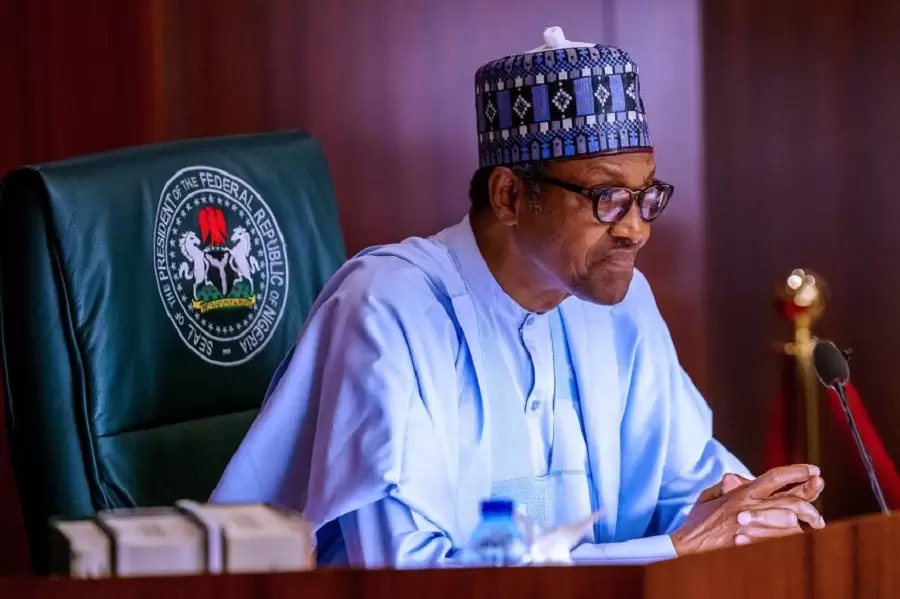As the constitutionally mandatory 30 days allowed to sign a bill into law by the president expires today, the presidency has informed that President Muhammadu Buhari will soon communicate to the National Assembly his position on the electoral amendment bill.
The Senior Special Assistant to the President on Media and Publicity, Garba Shehu, who stated this revealed that Buhari had been properly briefed and informed about the bill but could not say why the president failed to make known his decision within 30 days.
Advertisement
“Mr President is fully briefed on the bill, especially on the contentious issues therein and would shortly make his decision known to the National Assembly as to whether to sign the bill or withhold his assent,” Shehu said.
There has been controversy on the allowance provided by the bill which runs counter to the constitutions of political parties.
Most political parties provide that primary elections to elect their representatives for election positions are either conducted through direct or indirect primaries and as the parties would deem fit.
Majority of political parties conduct their primary elections through indirect primaries, which has been described as being expensive and undemocratic.
Advertisement
In the views of George Moghalu, former Deputy Governor of the Central Bank of Nigeria, if this provision is allowed by law, it will remove the powers of political parties from deciding their affairs.
Moghalu told THE WHISTLER that, “Electronic transmission of results by the Independent National Electoral Commission, INEC,
; the possibility for an act to decide on electronic voting, those provisions for me and for us in the African Democratic Congress, ADC, represent a very big victory and an improvement on our democracy.”
According to him, since the two provisions are in the bill awaiting presidential assent, the president should have signed it into law despite the misgivings in the direct primary provision.
Yet despite the revelation that INEC had advised the president to sign it into law, the president has failed to do so within the mandatory 30 days allowed by the constitution.
This has led to calls by civil society organisations on the National Assembly to recall and veto the bill.
Advertisement
While the National Assembly adjoined on Tuesday for Christmas break, it is not clear if such a move will be embarked on.
But the Chairman of the House Committee on Media and Public Affairs, Benjamin Kalu, said, “Whether or not we still have any option open to us if the President takes a position that we are not convinced about; the law is clear on that in our constitution and that is vetoing the bill if the need arises. But in this case, we will cross the bridge when we get there.
“I can assure Nigerians that because the President is interested in moving our democracy forward, he will do what Nigerians want, because there is no reason for him not to do so. If for any reason he finds anything that we overlooked and brings it back to us, there is still sufficient time for us to look at that and take it back to the President.”



